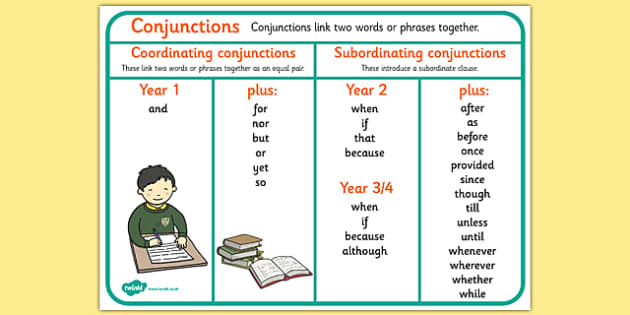

To date, most scholars would disagree with the most radical interpretations of both approaches (i.e. In contrast, ‘relativists’ contest the existence of universal properties and suggest that essential differences between languages affect the way in which speakers perceive and conceptualize the world (linguistic relativity 9, 14, 15, 16, 17, 18, 19, 20). 10 and language to be heavily constrained by the limits of human cognition 11, 12, 13. ‘Universalists’ consider differences across languages to be superficial e.g. The relationship between language and thought is controversial. Yet would the language one speaks predict that person’s memory? Moreover, the languages they speak hardly represent the linguistic diversity found across the world 9. But are these findings universal and generalizable across cultures? Most studies on memory have tested individuals that come from western, educated, industrialized, rich and democratic societies – all characteristics which are rather atypical when compared to those of other humans 8. Typically, stimuli presented at the beginning (primacy items) and at the end of a list (recency items) are recalled better than stimuli from the middle 4, 5, 6, 7. A classic approach to the study of memory consists in presenting subjects with a list of stimuli and immediately afterwards asking them to recall as many as possible in the order they were presented. Memory plays a central role in our lives and hundreds of studies have investigated how we store and retrieve information under different conditions 1, 2, 3.


 0 kommentar(er)
0 kommentar(er)
